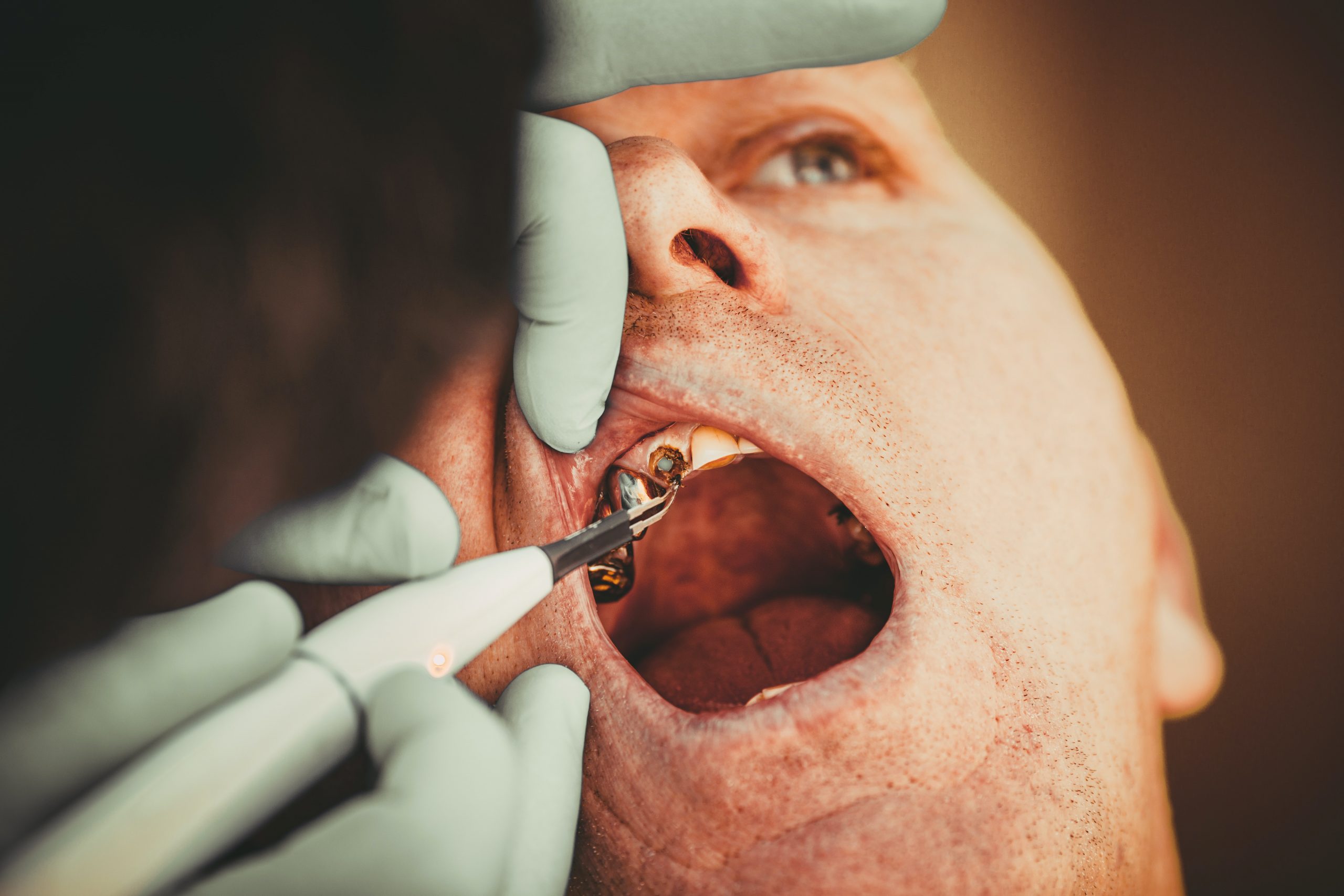
Flavonoids Effects on Oral Health
Flavonoids are a group of naturally occurring compounds found in many fruits, vegetables, and beverages. They have been extensively studied for their health benefits, including their effects on oral health. In this essay, we will explore the various ways in which flavonoids effects can improve oral health based on scientific studies.
Flavonoids and dental caries
Dental caries is a common oral disease caused by the demineralization of tooth enamel by bacteria in dental plaque. Studies have shown that flavonoids, particularly those found in green tea, can inhibit the growth and acid production of cariogenic bacteria such as Streptococcus mutans. This inhibitory effect is attributed to the ability of flavonoids to interfere with bacterial adherence to tooth surfaces and the biofilm matrix, thus reducing their ability to colonize and cause damage to the tooth structure.
Flavonoids and periodontal disease
Periodontal disease is a chronic inflammatory disease of the gums and surrounding tissues caused by the accumulation of dental plaque. Flavonoids have been found to have anti-inflammatory properties that can help reduce the severity of periodontal disease. In addition, flavonoids such as quercetin and catechins can reduce the activity of matrix metalloproteinases, enzymes that degrade the extracellular matrix in the periodontium, thereby reducing tissue destruction.
Flavonoids and oral cancer
Oral cancer is a serious condition that can affect the lips, tongue, mouth, and throat. Studies have shown that flavonoids have chemopreventive properties that can help reduce the risk of oral cancer. The flavonoid apigenin, for example, has been found to inhibit the growth and migration of oral cancer cells by inducing cell cycle arrest and apoptosis.
Flavonoids and halitosis
Halitosis, or bad breath, is a common oral condition caused by the breakdown of food particles and the growth of bacteria in the mouth. Flavonoids such as catechins and proanthocyanidins have been found to have antimicrobial properties that can help reduce the number of bacteria in the mouth, thereby reducing the incidence of halitosis.
Conclusion
In conclusion, flavonoids have been found to have a range of beneficial effects on oral health. They can inhibit the growth of cariogenic bacteria, reduce inflammation in the periodontium, reduce the risk of oral cancer, and prevent halitosis. Incorporating flavonoid-rich foods and beverages such as green tea, berries, and dark chocolate into one’s diet may therefore help improve oral health and reduce the risk of oral diseases. Further research is needed to better understand the mechanisms by which flavonoids exert their oral health benefits and to explore their potential use in preventive and therapeutic strategies for oral diseases.









